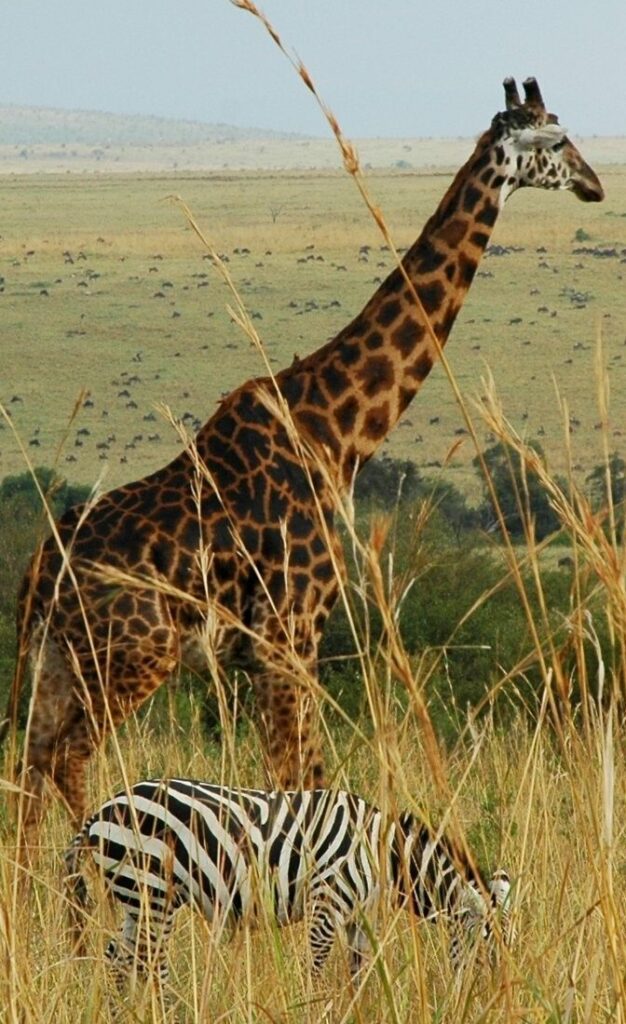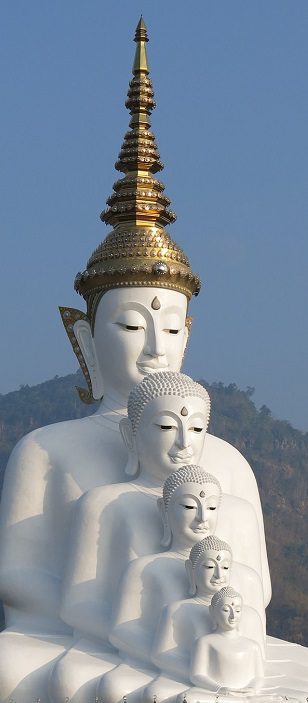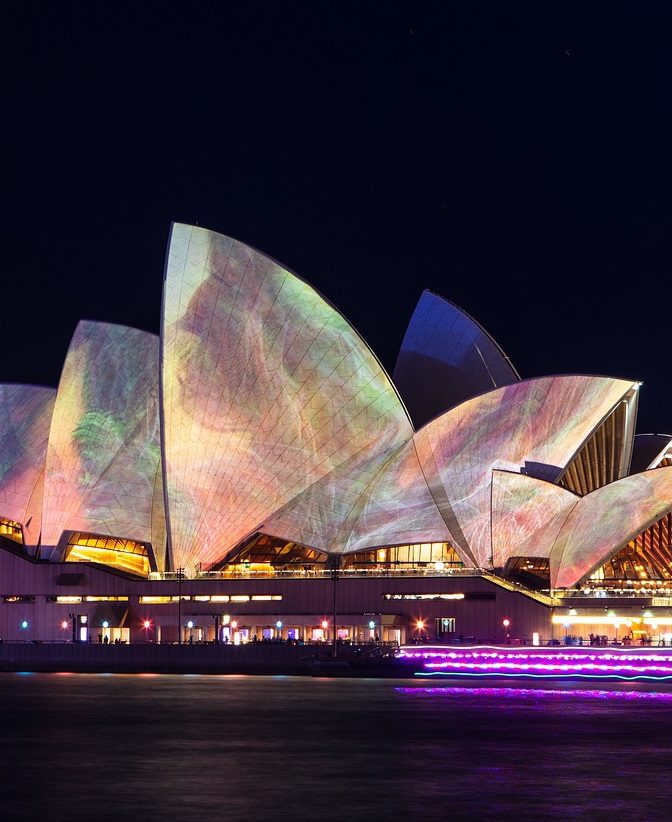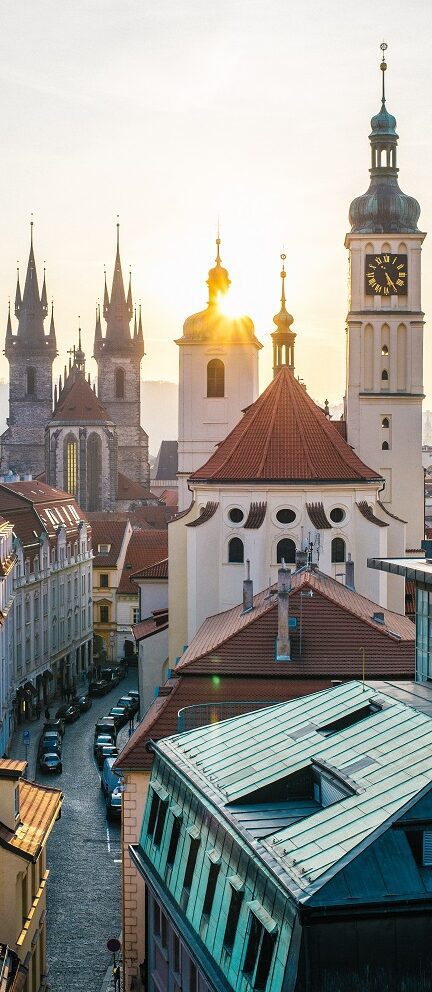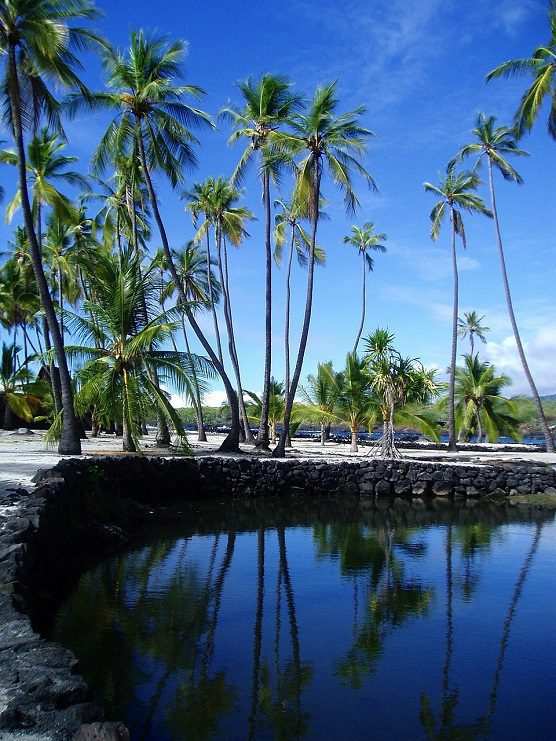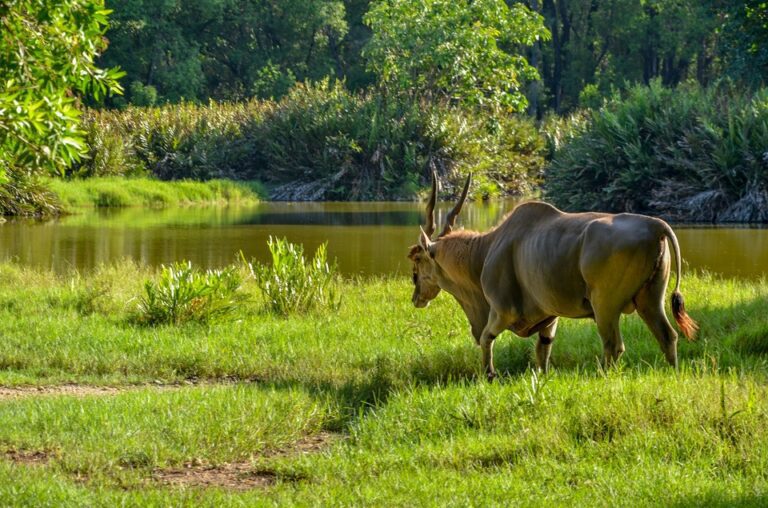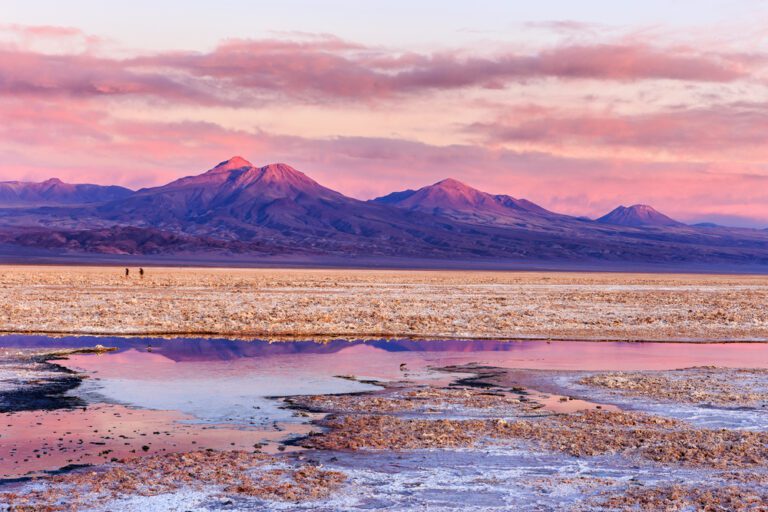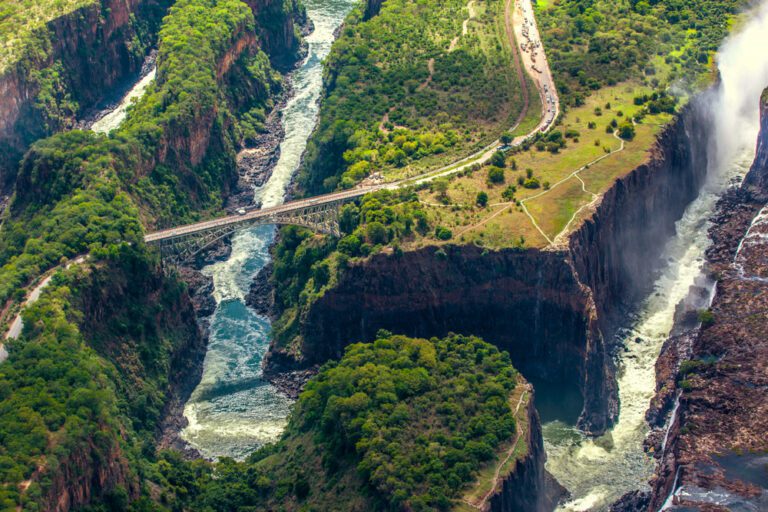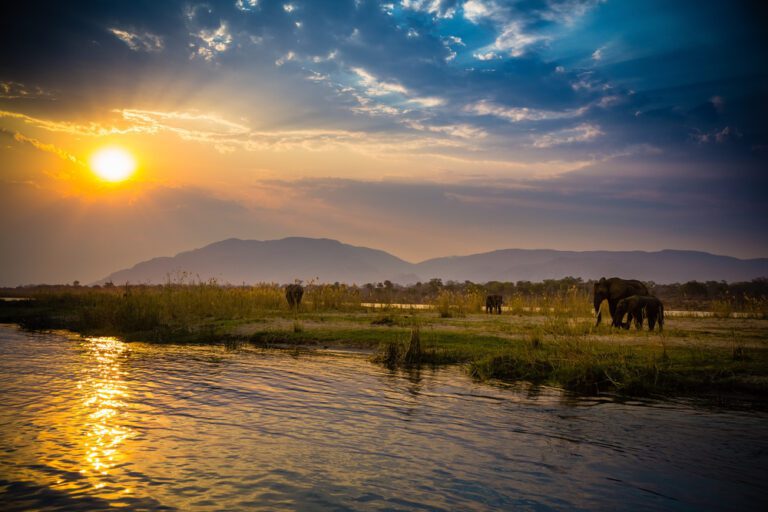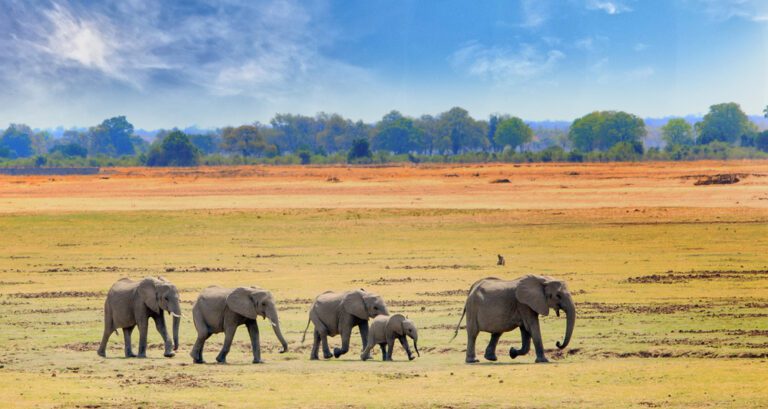The kids look like they’re about to be blown off the face of the earth. We’re barely an hour from the coast, the sun is thumping down, but at this height, the wind comes with a kick. Everyone is wearing layers. Pulling our kids, Sam and Rosa, under our wings, we lean into it and continue our walk around the crater. We’re on Mount Etna, Sicily’s Mordor-like landmark and the tallest active volcano in Europe. Despite initial reservations about our excursion (“What if it erupts on us?” asks six-year-old Sam), the drive proves a gorgeous respite from the mid-summer heat, winding up through green forestry and yellow blossoms to the blackened landscape around Rifugio Sapienza. Here, we take a cable car and a 4WD bus to a height of 2,900m, before joining a guided walk around the crater just a few hundred metres below the puffing summit.

At €63 (£53) for adults and €42 (£35) for kids, it’s a pricey trip, but we don’t feel cheated. Gathering a few specks of lava for the kids’ classrooms, we head back towards sea level, stopping off at Murgo, a classy little vineyard taking advantage of Etna’s microclimate in Santa Venerina. We demolish a traditional lunch whose dishes range from caponata to pasta alia Nonna, Catanian specialties reflecting the mountain — aubergine evokes the black rocks, tomatoes the fiery lava, basil the greenery and ricotta salata shavings, the snow that dusts Etna in winter. It’s place on a plate, and that place is Sicily. We’ve been itching to come here. The kids were intrigued by the notion of a magical land where they could have ‘real’ pizza once a day. Their mother, who studied Italian in college, downloaded books in the language on her Kindle. And their father? Truthfully, I was just dying to get my mask and fins on and hit the Ionian Sea, to swim rather than sleep with the fishes.
LA DOLCE VITA
We’re travelling with grandparents, which helps split the cost of our villa, set among lemon groves outside the sleepy village of Santa Tecla, roughly a 45-minute drive from Catania-Fontanarossa Airport. Basing ourselves halfway between Taormina and Catania, the idea is to chill by the pool, take the two-minute walk to the lava-jagged shoreline for swims, and strike out on excursions when the mood takes us, exploring the island’s eastern nooks and crannies. Sicily gets seriously hot, well into the mid-30s in summer, so we leave our trips to towns and cities for the evenings. Catania feels grimy and industrial, though there’s a brilliantly shouty, smelly and squelchy fish market near Piazza del Duomo from 7am. Aci Castello charms us with its craggy castle, perched on a lava ridge.

Taormina’s Teatro Greco harks back to the island’s Greek heritage, encased in a mix of medieval alleyways and shopping streets where you’re as likely to find ceramic lemons as a £1,000 handbag Torremolinos, it ain’t. Prices rise notably here, but baroque buildings, belle epoque villas and a chic pedigree (Audrey Hepburn, Oscar Wilde and Greta Garbo all visited), not to mention stunning views over the Med and Mount Etna, are breathtaking In a bay below lies the teardrop-shaped island of Isola Bella. Loungers cost £10.50 a day to rent, but my wife and I walk directly past them. Leaving the kids with their grandpa rents fora gelato, we drop our towels on the pebbles and head straight for the water, taking a snorkelling safari around its shoreline.

The water is glorious. South of Syracuse, we find swim spots marked by numbers at Plemmirio marine reserve (at No.23, divers can see a sculpture of a mermaid submerged about 100m offshore). Between Santa Tecla and Stazzo, the next village north, we find swimming coves teeming with colourful crabs, rainbow wrasse, starfish and even a moray eel. We jump off piers, spot scurrying lizards, and retire to Stazzo’s friendly Blue Bar for more gelatos and a chapter of Harry Potter (a holiday tradition, this year, it’s The Half-Blood Prince).
